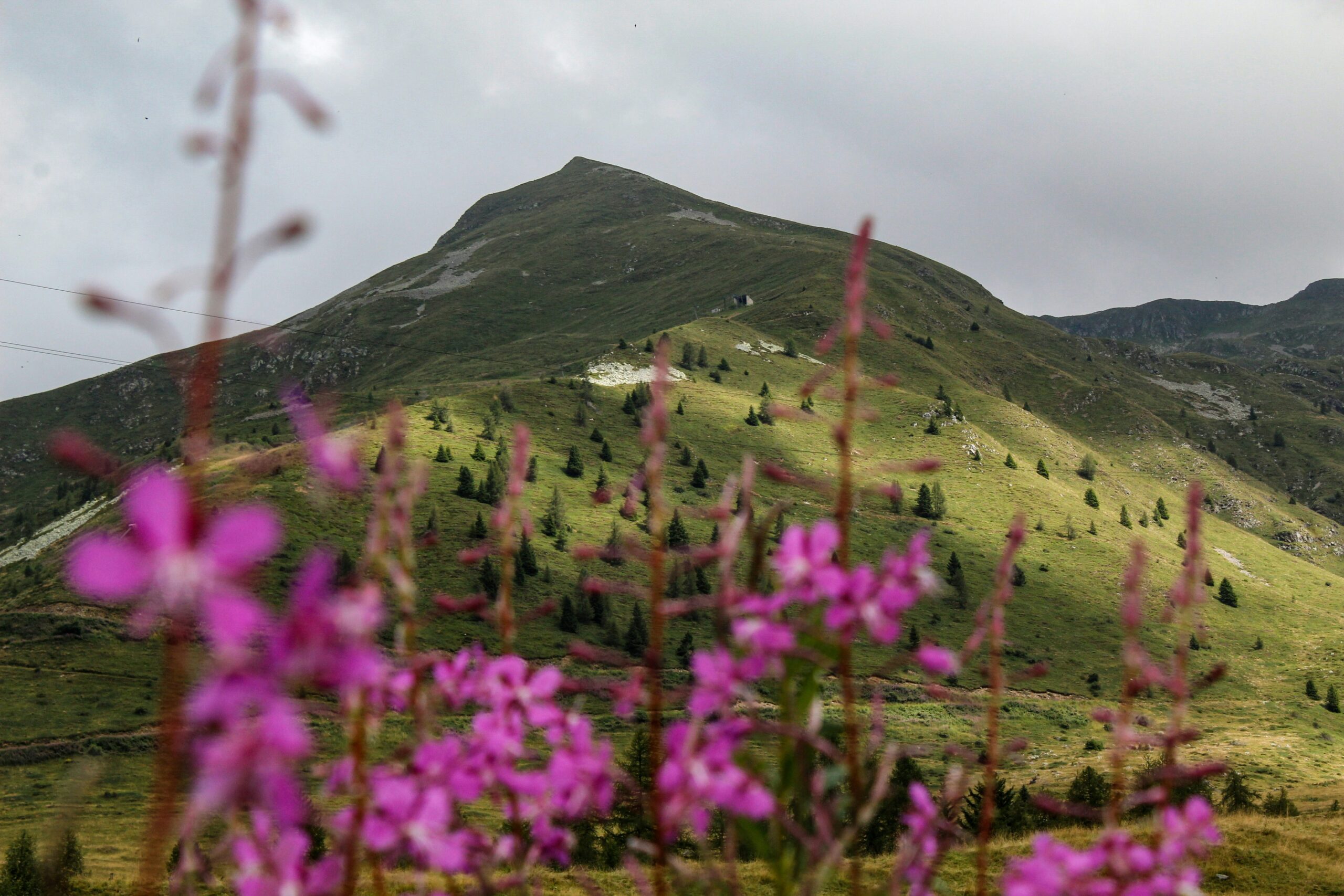Death doulas are slowly rising back into the collective awareness. But what actually is a death doula? What do death doulas do? And most importantly, how can they help?
Read on to learn about the role death doulas play in offering a different, more empowered end.
A death doula is a guide trained in all end-of-life matters.
In short, a death doula is a guide who assists with anything to do with the end-of-life – things like planning funerals, sitting besides a dying person, and/or supporting the family in grief.
Death doulas can help any time: years before death, in the hours before dying, or in the aftermath of loss.
Maybe you’ve heard of birth doulas. Just as birth doulas assist an expectant mother and her loved ones with prenatal planning, the birthing process, and postnatal support, death doulas do the same thing.
Except we do it for the dying and not the newborn.
Death doulas are sort of similar to hospice. Where hospice services provide logistical support (through social works) and emotional and spiritual support (through chaplains), doulas do the same, but they don’t offer any sort of medical component to their continuum of care.
Doulas may choose to offer the full gamut of services or niche down into just a few.
Some doulas thrive in details and specialize in planning and coordinating.
Some doulas prefer to be at the bedside while death is occurring. Some doulas have a background in music therapy or massage therapy, and may choose to play soothing music or provide gentle touch.
Some doulas even offer energy healing like reiki and sound baths as part of their services.
These are just a few examples of the various types of doula-provided support. In these ways, death doulas’ efforts can wonderfully complement a hospice team.
Death Doulas are similar to hospice...but different.
Although doulas provide emotional and logistical support around the end of life – same as a hospice team – there are two key areas in which doulas differ from hospice.
1. Death doulas are strictly non-medical.
In addition to the chaplain and social worker, hospice care teams employ nurses. But doulas are not nurses.
A doula will never diagnose, prescribe, or administer any sort of medication; hence, the non-medical care.
2. Unlike hospice, which only becomes an option when someone has received a prognosis of six months or less to live, you can work with a death doula at any time.
The second big difference between hospice and doulas is that you can get way ahead of this death and dying thing. Like, WAY ahead.
If you’re 20 years old and healthy, you can begin planning for your death. In fact, it’s encouraged! What if you get into an accident? What if you require specific medical care?
If you haven’t outlined your wishes ahead of time, your loved ones may have to speak for you without knowing what you want.
Being able to plan these details in advance (called end-of-life planning or creating your Advance Directive) helps alleviate the burden from all involved, way ahead of time.
3 areas in which doulas can serve
Because a death doula’s practice is not controlled by a governing body, there is great flexibility and diversity in what a doula may or may not offer; each death work practice is as unique as the individual who practices it.
Once again: the only standardized rule that doulas are bound by is their strict functionality as non-medical support.
Some folks in the death care world divide up the types of services into three categories: pre-death care, active dying care, and post-death care. I like this system for organizing the different areas of death work, and so I’ll be utilizing it too.
1. Pre-death
Services in this realm include logistical assistance like planning your own funeral in advance, getting your medical paperwork in order, writing your own obituary, or other legacy projects to leave behind for loved ones.
Services such as running errands for the caregiver, tidying the house, and cooking meals can also fall under pre-death care.
2. Active dying
Some assistance from pre-death care can carry over to this phase, which simply refers to the time when a person has descended into the phase of actively dying: they are exhibiting the physiological symptoms that death is near.
For instance, they fall comatose, there is changing in their breathing pattern, and they stop eating and drinking.
A death doula serving in this capacity might be on-call for the period of active dying.
The doula might offer vigil services, where they come to the client’s bedside and sit with them, offering their silent presence.
This has the practical component of allowing the caregiver to step away for a nap or a break; a respite can be relieving after they’ve been keeping nonstop watch over their loved one.
3. Post-death
Post-death care, as the name implies, occurs after the person has died.
A doula who specializes in post-death care could assist the family with washing and caring for the deceased’s body at home.
This kind of care includes grief support – another service that I offer.
Planning and celebrating funerals are other additions to post-death care, but planning the funeral could technically be considered pre-death care if it was arranged before the person died.
If an individual has not worked with a death doula prior to post-death, they might not have had the chance to organize the mountains of paperwork that must be attended to after someone dies.
In this case, the family could work with the doula to sift through this task.
Having a compassionate and knowledgeable doula steer the ship is often helpful while the family is reeling from the shock of fresh grief.
How I help people navigate end-of-life through a combination of grief support, storytelling, and death care.
End-of-life planning - including planning funerals
I’m the one you call to “help you get your affairs in order.” This is one of a death doula’s crucial services.
From documenting your Advance Care Directives to making funeral & disposition arrangements ahead of time, you greatly reduce the burden and stress of the ones left behind.
The act of planning a funeral – not the stuffy, boring kind that are cut-and-paste from the same cloth – is another act of deeply personal, beautiful storytelling.
If done right, a well-planned funeral weaves a story of the deceased’s marvelous life. Their essence – from their quirky humor, to their song preferences, to their irreverent attitude – can be felt from the moment a funeral attendee enters the space.
A good funeral doesn’t have to just be a few Bible verses and a quick homily from a priest (but it certainly can be!); it can be customized down to the tiniest details.
(Disclaimer: sometimes, churches won’t allow you to have full control over the structure of a funeral. In that case, it might be best to seek alternate venues, and bring in a local pastor or priest to preside over the ceremony and re-introduce that religious element)
Legacy writing: Telling stories through books and obituaries
I help people share the stories of their lives and leave their legacy to those left behind. I do this through writing obituaries and eulogies (before death or after death has occurred) that tell the person’s unique life story…with their own special flare! (No cookie-cutter obits’ here, folks. Gross.)
For those willing and able to spend time on a longer-term project, I craft life story books, where, after a series of interview sessions, I pen the story of someone’s life.
At the end of the process, I self-publish the book and send the client a copy.
I believe this aspect of self-discovery and fulfilment through writing rings true whether you have fifty years to live or fifty days.
Grief support when the funeral's over and there's nothing left "but the casseroles."
I am a grief guide offering non-clinical support for grief related to losing a loved one to death or through any difficult life transition.
Grieving is hard. People who don’t understand grieving make it even harder.
I’ve never understood why, but I’ve always had an affinity for inhabiting difficult places: these are spaces where sadness is present and the air is heavy.
I’m comfortable there. I think it’s because when we’re deeply sad, we’re deeply vulnerable, and deeply human. When people are vulnerable, when people are hurting, I touch a raw core of humanity.
It’s such a humbling privilege to sit beside people as they navigate their ocean-like sorrow.
Assorted other death doula services
Everything above – obituary and eulogy writing, life story book creation, funeral planning, and grief support – are my favorite areas to serve in.
But as a trained death doula, I am knowledgeable and available to assist with aspects of pre-planning, or simply discussing death and dying in order to feel more comfortable with it.
Conclusion
I often get asked, “isn’t this depressing?” “Are you planning to die soon?” The answer to both is no.
I find the work I do in grief support sessions and the work I’ve done with my obituary writing and book planning to be inspiring and illuminating.
It’s a reminder to hold close the ones I love and to breathe deep; my life isn’t infinite. My days are numbered, and so are the days of everyone I hold dear.
In this work, you hear about all the different ways people can be bereaved…and there are a lot.
It’s a reminder and an invitation, a privilege and honor, to do this sacred work.
My soul couldn’t be happier.
If you’ve read this far, I sincerely thank you. This isn’t often a piece many people would gravitate towards, especially in our death-averse society. So thank you for reading, for educating yourself, for becoming part of the solution and the grassroots movement of deathcare.





